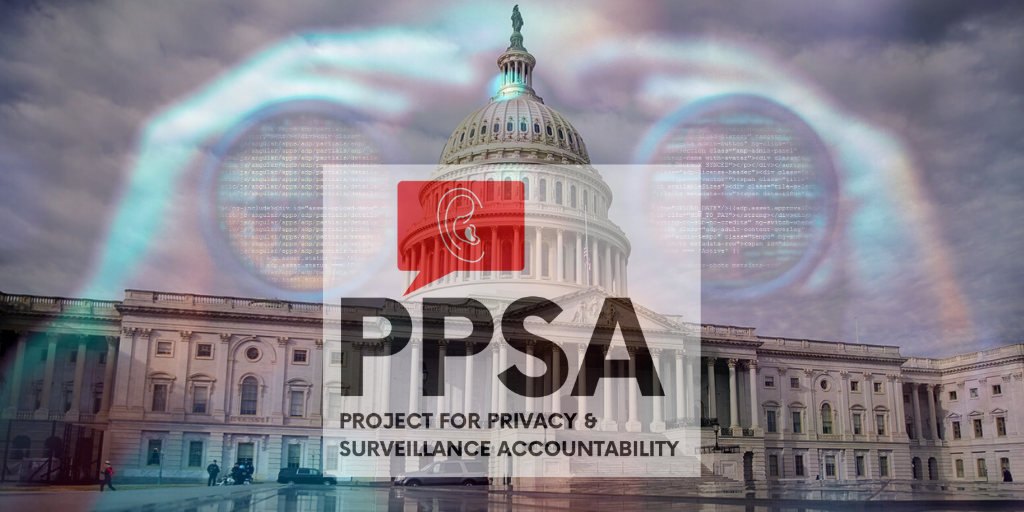|
PPSA is proud to join 23 other civil liberties organizations including Demand Progress, ACLU, FreedomWorks and NAACP in calling on Congressional leaders to not include controversial, expired FISA authorities (like Section 215) in an Intelligence Authorization, Continuing Resolution of the federal budget or other must-pass legislation.
Despite repeated questioning by Members of Congress and the civil liberties community, the government won’t answer the most basic questions about the legal basis for surveillance and the current scope of its activities. For that reason, PPSA and its peer organizations object to renewing expired surveillance authorities in a backroom deal without debate. PPSA reported earlier that the bipartisan team of Sens. Mike Lee and Patrick Leahy asked Attorney General Barr and Director of National Intelligence John Ratcliffe if the Executive Branch is relying on secret claims of “inherent executive power” to continue surveillance. Both senators based this reasonable question on a larger reasonable question: What is the legal foundation for surveillance after the expiration in March of three statutory provisions, including Section 215, the “business records” provision? These reasonable questions have yet to be answered. Glimpses of the government’s secret activities flash by every now and then. Several weeks ago, the 9th Circuit Court of Appeals concluded that the National Security Agency’s earlier bulk telephone metadata program was unlawful and likely unconstitutional. The court also determined that government representatives had made untruthful assertions before Congress. If intelligence and law enforcement agencies refuse to be forthright about the scope and legal predicate of their surveillance, we can only assume the worst about the potential for dragnet surveillance that would trash the Fourth Amendment. Comments are closed.
|
Categories
All
|


 RSS Feed
RSS Feed